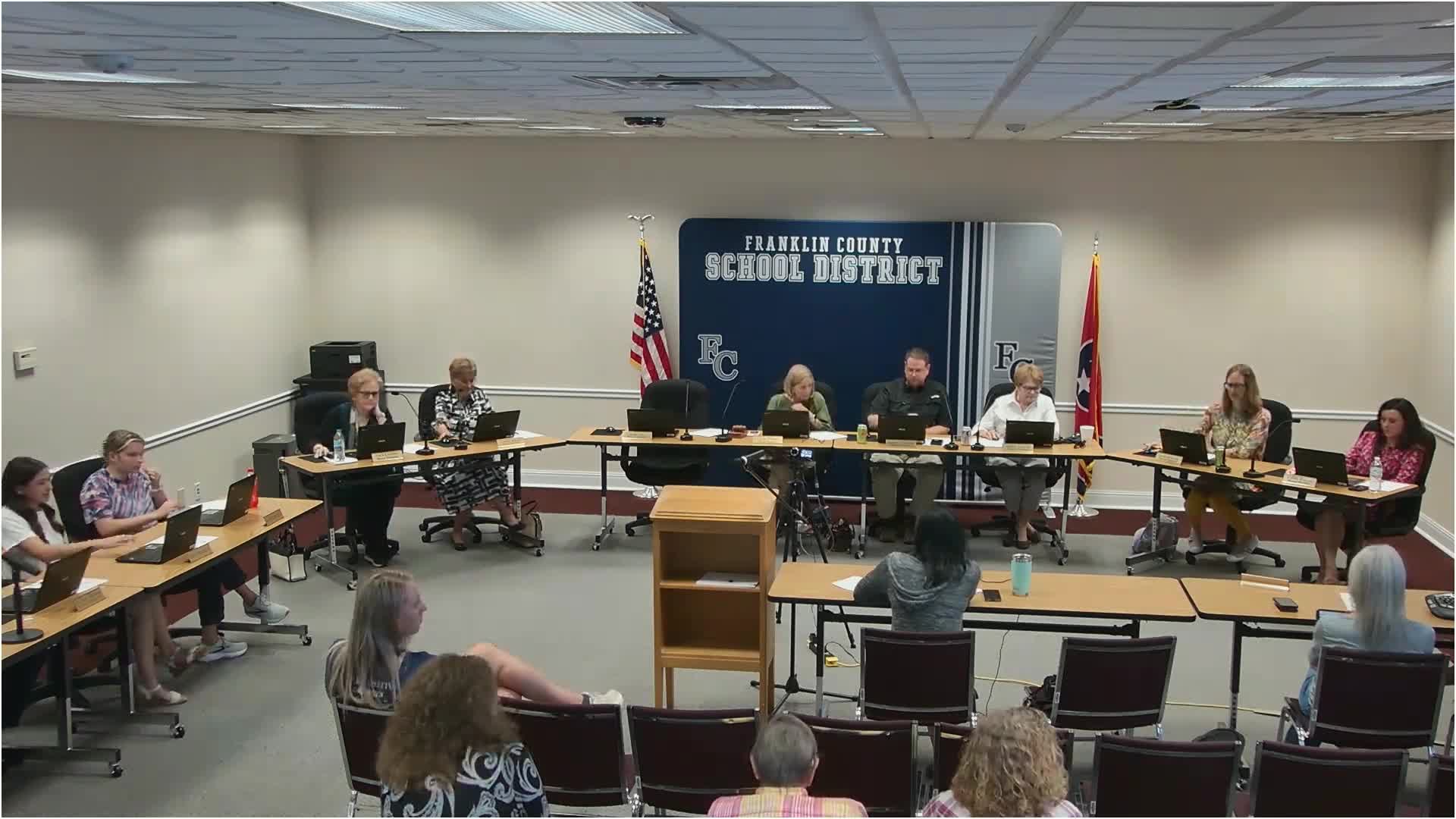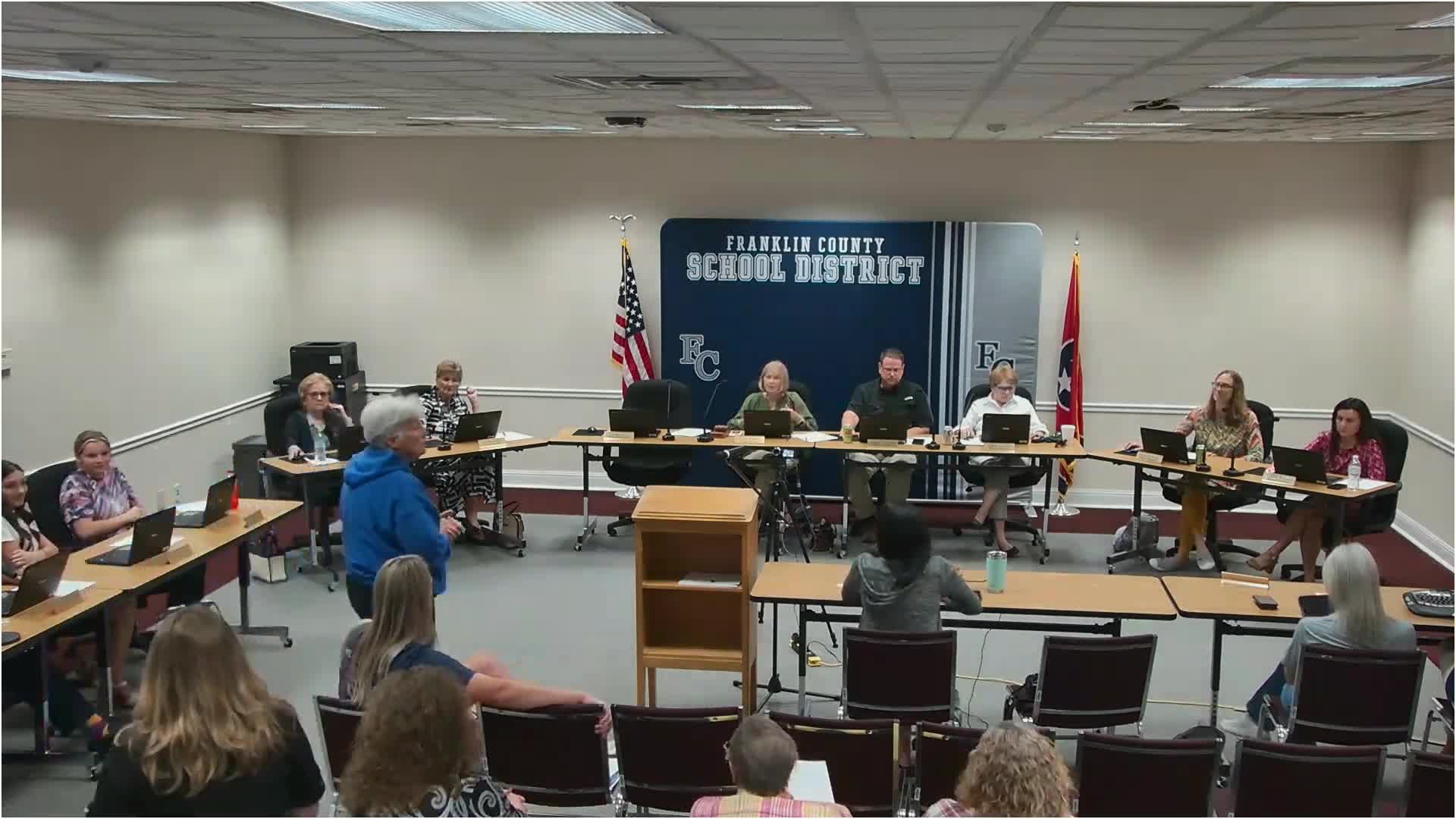Article not found
This article is no longer available. But don't worry—we've gathered other articles that discuss the same topic.

Votes at a glance: board approves budget amendments, donation, agribarn, calendar and policy change

Board amends staff dress-code policy; line on heels and sandals removed after review

Board approves Huntland agribarn project; funding in ISM grant, annual upkeep estimates given

